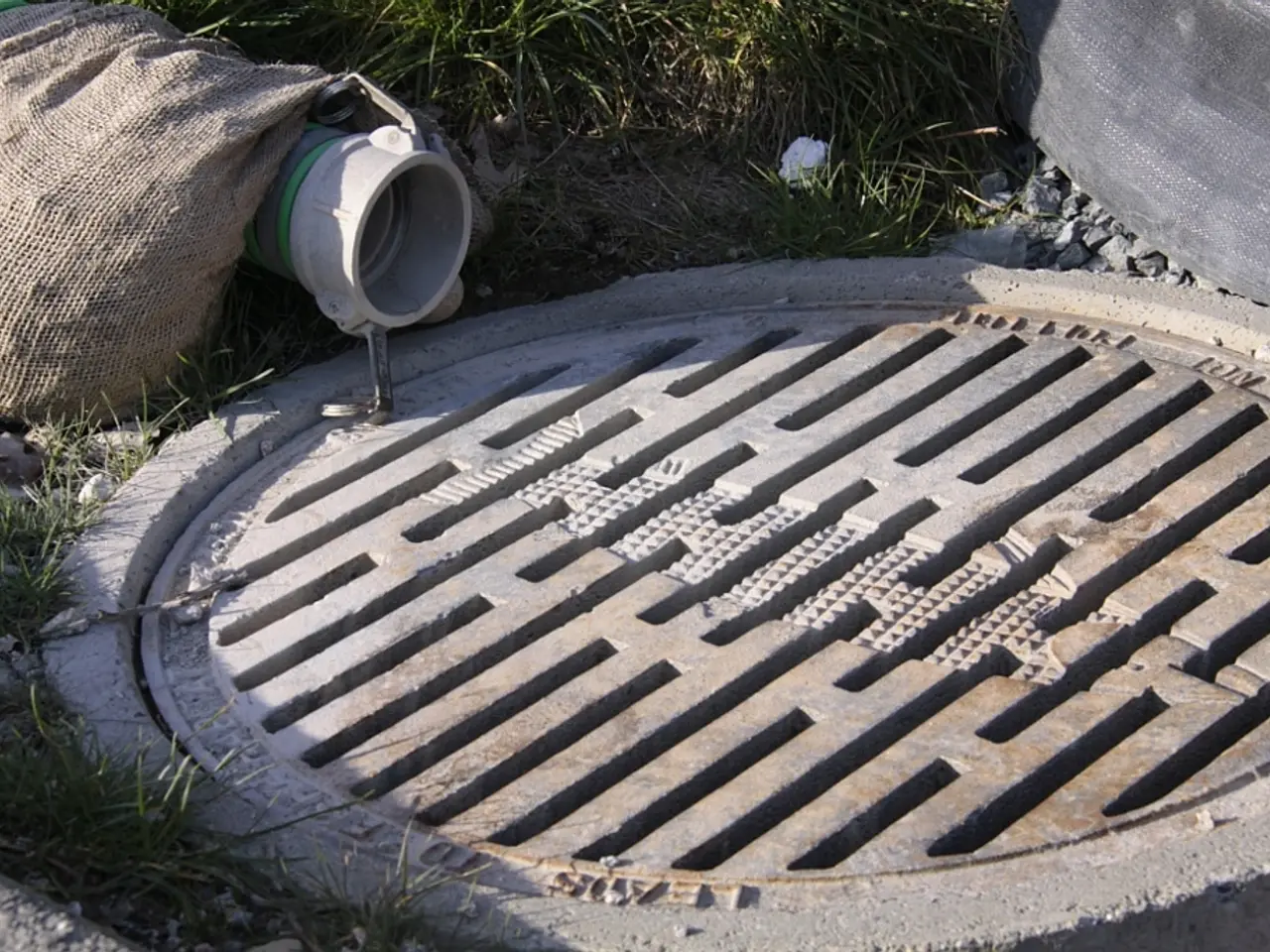Colorado's Oil and Gas Task Force Fails to Resolve Local Control Dispute
Colorado's oil and gas industry has sparked intense debate, with locals pushing for regulatory control to mitigate local impacts, while state officials weigh in on technical expertise and costs. Governor John Hickenlooper's Oil and Gas Task Force aimed to ease tensions, issuing nine recommendations after months of deliberation.
The task force's recommendations, though unanimous on seven points, fell short on the key issue of local government control over oil and gas siting. Proposals to grant locals more authority failed to pass the two-thirds vote rule. Supporters of local control have vowed to push for ballot initiatives, including bans on 'fracking' and setback requirements.
The task force did suggest improvements, such as adding state well inspectors, enhancing information flows, reducing truck traffic, and aiding companies with regulations. However, it did not address the contentious issue of revenue distribution, with severance taxes often going to the United States rather than directly benefiting local communities.
The task force's recommendations, while addressing several operational aspects, did not resolve the core dispute over local control. Supporters of local authority remain committed to pushing for changes through ballot initiatives. Meanwhile, the Biden administration continues to clarify federal-state regulatory divisions concerning oil and natural gas development.







